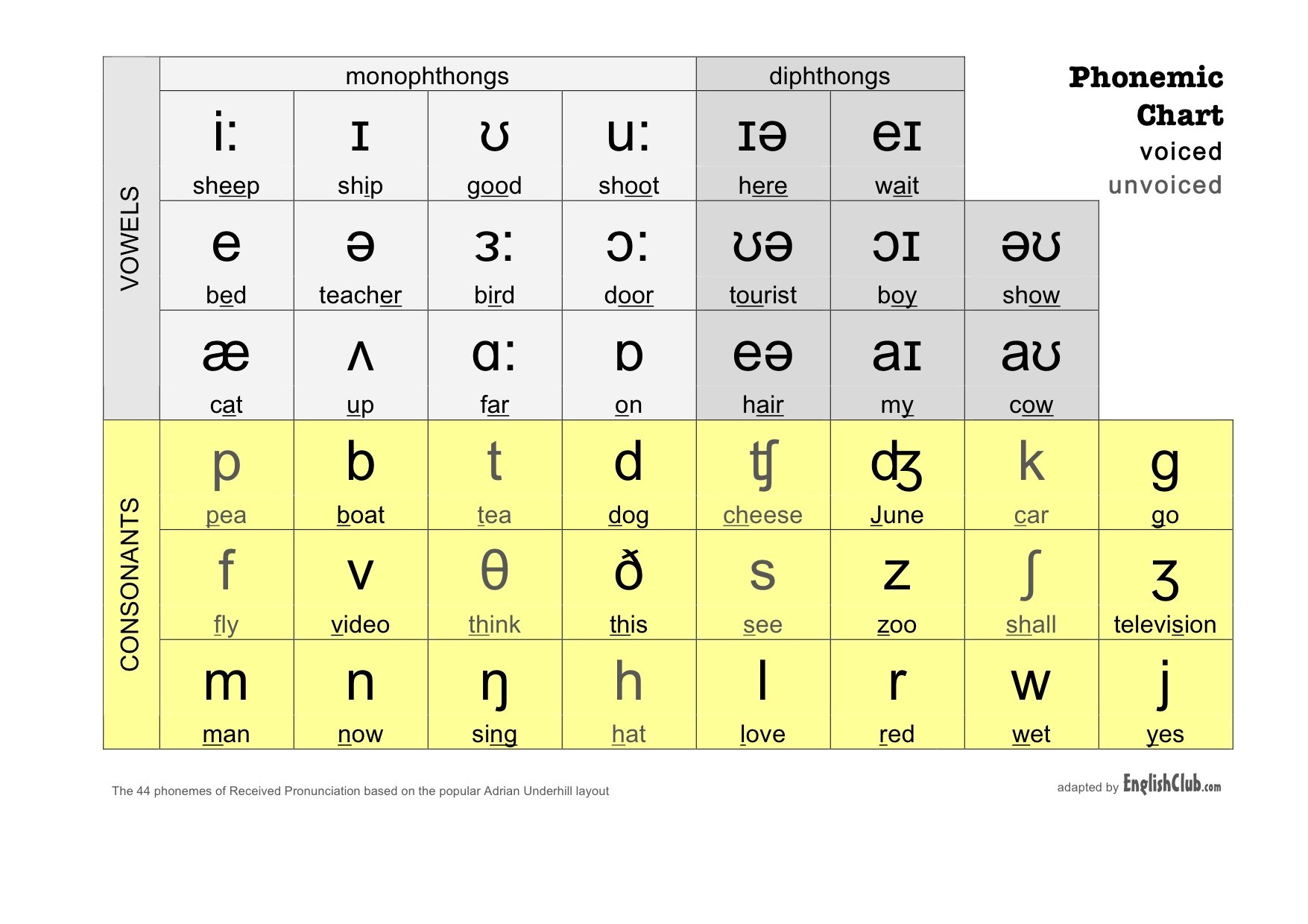- What industry do you work in and what is your role?
- What are your responses in your role / position?
- Can you describe to the function of your workplace / company?
- How many departments, how many offices. National or International?
- What are the minimum requirements for employment ie Education or Experience?
- How many opportunities are there to ‘move up the ladder’?
- What is the process for changing job roles ie Interview? Test?
- Current projects? Deadlines? Opportunities?
- Anything of interest happening?
1.
If you happen to be face to face with an aboriginal, never ask ‘Still throwing spears?’ like Prince Philip Duke of Edinburgh did when he visited the country in 2002. And beware if you are one of those who like flaunting around your business title – it is most likely that you will be cynically dismissed as a snobbish foreigner.
2.
* The official name of Australia is Commonwealth of Australia. * Australia does not have an official language, but the national language is English (de facto) and the standard dialect – general Australian. * The capital city is Canberra, the largest city is Sydney.
Business Mentality
3. – Australians are very straightforward when it comes to business, so they do not need to build relationships for a long time before doing business with you. They are receptive to new ideas.
– They appreciate modesty, so try not to oversell your company and do not even think of applying aggressive sales techniques. Try to be factual, friendly and to the point, avoiding self-importance. – If you manage to impress them, they will not make it obvious.
How much truth do you think there is in a stereotype, what are some stereotypes you have encountered which were quite accurate?
4.
– Australians demonstrate modesty as much as they appreciate it. They can even downplay their own success, so do not jump into conclusions straight away. Be careful not to play along if they start self-criticising themselves – they will not be as receptive as you might assume.– If you find yourself challenged to a controversial discussion during a meeting, do not worry – it is nothing personal. They find debates entertaining and will initiate them by making provocative statements, to which it is best to respond with humour! – The decision making will be slower than usually, as the work environment in Australian business culture is collaborative. Top management will consult subordinates.
5.
– Do not try to rush the decision – patience is very much appreciated.– The good news is that Australians do not find it hard to say “no”, so the answer will be clear and straightforward. – Business hours are 9:00 am to 5:00 pm, Monday to Friday. – For business purposes, it is best to visit the country from March to November, as the tourist season occurs from December to February.
Greetings
6.
– Australians are not very formal, so greetings are casual and relaxed – a handshake and a smile are appropriate.– However, while an Australian may say, ‘G’day’ or ‘G’day, mate’, this may sound patronising from a foreigner. Visitors should simply say the traditional ‘Hello’ or ‘Hello, how are you?’As to titles of courtesy, they prefer to use first names, even at the initial meeting.

What foreign business customs have you experienced before, how did they differ to Japan? Please discuss.
The Art of Conversation
7.
– English is the spoken language at business meetings. However, stick with standard terms; do not experiment with Australian terms.– Popular welcome topics include the weather, sports (particularly Australian Football AFL in Victoria, and National Rugby League NRL in New South Wales and Queensland). Anything related to Australia in a positive way is a good conversation starter.
8.
– Topics to avoid though are religion, politics and sex – unless the Australian counterpart brings it up. Do not get into immigration and aboriginal issues no matter how curious you are. Also, comments on accents will not be welcome, as they often distinguish social classes.– Note that Australians use colourful language that would be unacceptable in other countries https://www.todaytranslations.com/consultancy-services/business-culture-and-etiquette/doing-business-in-australia/






